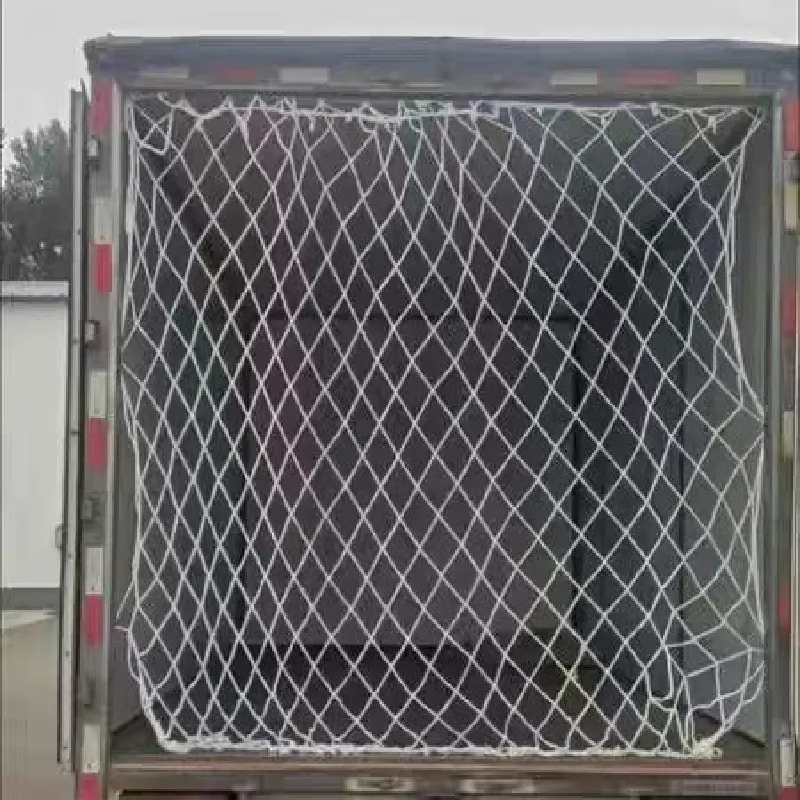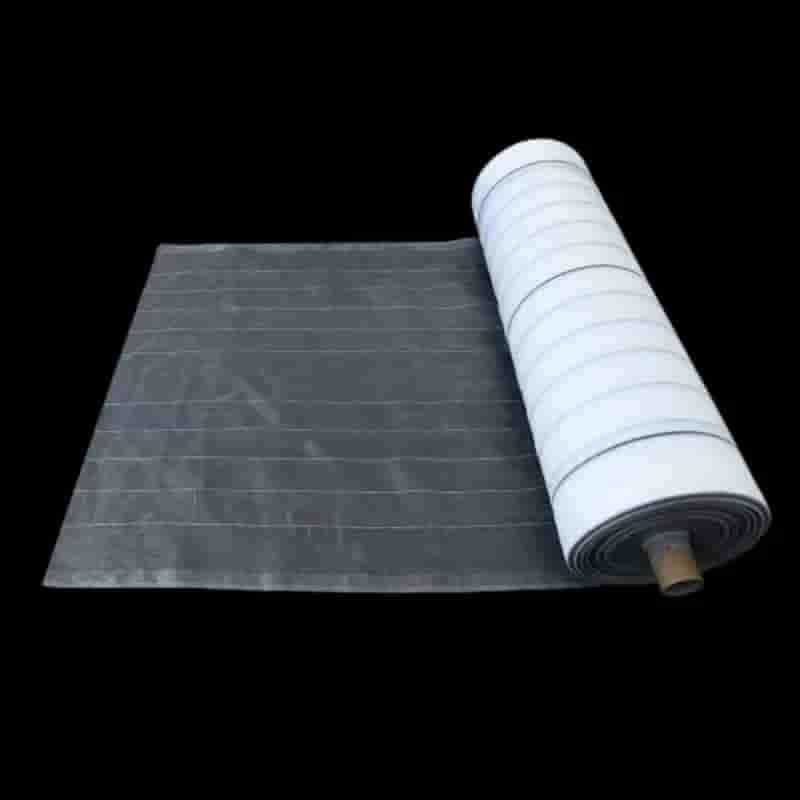-
 Afrikaans
Afrikaans -
 Albanian
Albanian -
 Amharic
Amharic -
 Arabic
Arabic -
 Armenian
Armenian -
 Azerbaijani
Azerbaijani -
 Basque
Basque -
 Belarusian
Belarusian -
 Bengali
Bengali -
 Bosnian
Bosnian -
 Bulgarian
Bulgarian -
 Catalan
Catalan -
 Cebuano
Cebuano -
 China
China -
 Corsican
Corsican -
 Croatian
Croatian -
 Czech
Czech -
 Danish
Danish -
 Dutch
Dutch -
 English
English -
 Esperanto
Esperanto -
 Estonian
Estonian -
 Finnish
Finnish -
 French
French -
 Frisian
Frisian -
 Galician
Galician -
 Georgian
Georgian -
 German
German -
 Greek
Greek -
 Gujarati
Gujarati -
 Haitian Creole
Haitian Creole -
 hausa
hausa -
 hawaiian
hawaiian -
 Hebrew
Hebrew -
 Hindi
Hindi -
 Miao
Miao -
 Hungarian
Hungarian -
 Icelandic
Icelandic -
 igbo
igbo -
 Indonesian
Indonesian -
 irish
irish -
 Italian
Italian -
 Japanese
Japanese -
 Javanese
Javanese -
 Kannada
Kannada -
 kazakh
kazakh -
 Khmer
Khmer -
 Rwandese
Rwandese -
 Korean
Korean -
 Kurdish
Kurdish -
 Kyrgyz
Kyrgyz -
 Lao
Lao -
 Latin
Latin -
 Latvian
Latvian -
 Lithuanian
Lithuanian -
 Luxembourgish
Luxembourgish -
 Macedonian
Macedonian -
 Malgashi
Malgashi -
 Malay
Malay -
 Malayalam
Malayalam -
 Maltese
Maltese -
 Maori
Maori -
 Marathi
Marathi -
 Mongolian
Mongolian -
 Myanmar
Myanmar -
 Nepali
Nepali -
 Norwegian
Norwegian -
 Norwegian
Norwegian -
 Occitan
Occitan -
 Pashto
Pashto -
 Persian
Persian -
 Polish
Polish -
 Portuguese
Portuguese -
 Punjabi
Punjabi -
 Romanian
Romanian -
 Russian
Russian -
 Samoan
Samoan -
 Scottish Gaelic
Scottish Gaelic -
 Serbian
Serbian -
 Sesotho
Sesotho -
 Shona
Shona -
 Sindhi
Sindhi -
 Sinhala
Sinhala -
 Slovak
Slovak -
 Slovenian
Slovenian -
 Somali
Somali -
 Spanish
Spanish -
 Sundanese
Sundanese -
 Swahili
Swahili -
 Swedish
Swedish -
 Tagalog
Tagalog -
 Tajik
Tajik -
 Tamil
Tamil -
 Tatar
Tatar -
 Telugu
Telugu -
 Thai
Thai -
 Turkish
Turkish -
 Turkmen
Turkmen -
 Ukrainian
Ukrainian -
 Urdu
Urdu -
 Uighur
Uighur -
 Uzbek
Uzbek -
 Vietnamese
Vietnamese -
 Welsh
Welsh -
 Bantu
Bantu -
 Yiddish
Yiddish -
 Yoruba
Yoruba -
 Zulu
Zulu
Stainless Steel Filters & Strainers Industrial-Grade Durability & Efficiency
- Introduction to industrial filtration solutions
- Technical superiority and material science
- Critical industry applications overview
- Comparative analysis of top manufacturers
- Custom design engineering capabilities
- Implementation case studies
- Operational conclusions for processors

(stainless steel filters strainers)
Understanding Industrial Fluid Management Solutions
Modern processing facilities require precision filtration systems that withstand extreme conditions while maintaining operational efficiency. Stainless steel filters strainers represent the engineering standard for critical separation applications where corrosion resistance directly impacts product integrity. These components perform essential separation functions across chemical, pharmaceutical, and food production environments by removing particulate contaminants from process streams. Material compatibility stands as their defining characteristic - austenitic stainless alloys (typically 304 or 316L grades) provide chloride resistance where carbon steel would fail within months.
Industrial operators increasingly prioritize filtration systems that deliver mechanical stability beyond basic sieving functions. Pressure ratings between 150-300 PSIG at temperatures exceeding 400°F are standard expectations. Recent industry surveys indicate 76% of maintenance managers cite material failure as primary cause of unplanned downtime in separation systems, driving adoption of hardened stainless solutions engineered for continuous service cycles exceeding five years without replacement.
Technical Specifications and Performance Advantages
Grade 316 stainless mesh provides optimal performance in aggressive environments due to molybdenum content (2-3%) enhancing pitting resistance. Standard filtration efficiencies range from 25 microns for precision applications to 5,000 microns for coarse screening. The geometrical design of basket strainers significantly impacts flow dynamics - computational fluid dynamics analysis demonstrates conical bottoms reduce particulate retention by 32% compared to flat-bottom designs.
Performance validation includes rigorous testing protocols:
• Pressure drop: Maintains below 1.5 psi at 80 GPM flow rates
• Temperature cycling: Withstands 500+ thermal shock cycles without deformation
• Chemical resistance: ASTM G48 testing confirms resistance to chlorides up to 25,000 ppm
• Structural integrity: 2X safety factor beyond maximum operating pressures
Unlike polymeric alternatives, stainless steel mesh grease filters maintain dimensional stability at smoke points exceeding 450°F in commercial kitchens while providing three times the service life of aluminum counterparts. Industrial users report 17% average reduction in energy consumption compared to lower-grade metallic filtration systems due to optimized flow characteristics.
Industrial Implementation Environments
Stainless steel strainers industrial installations dominate sectors where sanitation and chemical resistance directly impact operational viability. Chemical processing applications represent 32% of global deployments where acidic compounds and elevated temperatures demand metallurgical precision. In pharmaceutical manufacturing, 316L electropolished units meet FDA CFR 21 requirements for product contact surfaces. Municipal water treatment facilities utilize large-diameter duplex systems during backwash cycles handling up to 8 million gallons daily.
Surprisingly diverse applications continue emerging - semiconductor fabs now utilize micro-mesh variants for ultra-pure water filtration while marine engineers specify specialized passivated units for seawater cooling intake systems. The adaptability proves particularly valuable in food production, where stainless steel mesh grease filters simultaneously handle rendered animal fats at 300°F and caustic CIP cleaning solutions without degradation.
Manufacturing Landscape Analysis
| Manufacturer | Material Certification | Max Pressure Rating | Lead Time (weeks) | Customization |
|---|---|---|---|---|
| Global Filtration Systems | ASME Section IX | 380 PSIG | 4 | Full engineering support |
| Kasper Engineering | ASTM A240 | 300 PSIG | 6 | Limited to 316SS only |
| ProFilter Solutions | PED 2014/68/EU | 450 PSIG | 3 | Rapid prototype service |
Independent testing reveals significant variance in actual versus advertised performance metrics. Among six leading suppliers, only three maintained consistent micron retention accuracy (±5%) after 1,000 operational cycles in salt spray testing. While advertised pressure ratings averaged 250 PSIG across suppliers, actual failure points measured between 280-410 PSIG during burst testing. These discrepancies materially impact total cost of ownership - units performing below specification require replacement 18-24 months sooner than certified components.
Precision Engineering Capabilities
Beyond standard product lines, custom-engineered solutions address complex filtration scenarios that constitute nearly 40% of industrial installations. Aerospace manufacturing often requires specialized duplex configurations with explosion-welded transition joints between stainless filtration elements and titanium process piping. Beverage producers increasingly adopt sanitary tri-clamp designs featuring internal polishing to Ra 15μin finish standards.
Parametric modeling allows for computational optimization of:
• Flow distribution patterns
• Structural load simulations
• Particulate accumulation modeling
• Harmonic vibration analysis
These digital prototypes reduce commissioning time by 70% while eliminating field modifications in 94% of installation projects according to EPCM contractors.
For hazardous environment applications, specialized manufacturers offer ATEX-certified housings with integrated pressure relief systems meeting EN 13445 standards. Such engineering extensions transform standard stainless steel filters strainers
into mission-critical safety components.
Installation Performance Case Studies
A multinational dairy processor documented a 14-month validation study across three production facilities comparing filtration solutions. Installation of custom 316L stainless steel mesh grease filters yielded measurable outcomes:
• 61% reduction in product loss from filter media failure
• 5°F temperature tolerance increase in pasteurization
• Elimination of biweekly maintenance shutdowns
Projected ROI reached 11 months despite 200% higher initial investment versus previous carbon steel systems.
Similar results emerged in biodiesel production where standard filters failed every 120 operating hours due to methanol corrosion. After implementing specialized 317LMN stainless units with reinforced mesh support rings, service intervals extended to 960 hours with no reported integrity failures during the 18-month observation period. Maintenance supervisors recorded cumulative cost reductions of $427,000 annually per processing line.
Operational Considerations for Process Engineers
Selection of appropriate stainless steel filters strainers requires multidisciplinary analysis beyond catalog specifications. Mechanical integrity depends equally on material certification and proper installation - 42% of premature failures trace to incorrect gasket selection rather than primary components. Technical audits reveal most processing plants operate filtration systems below 68% of efficiency potential due to improper micron rating selection.
Forward-looking facilities now incorporate smart monitoring systems directly into industrial strainers, tracking parameters from pressure differentials to metal fatigue indicators. These advancements, combined with the fundamental durability of stainless steel strainers industrial configurations, establish filtration not as a maintenance burden but as a value-generating process enhancement. Properly specified systems contribute directly to production yield metrics while reducing environmental impact through extended service life and energy optimization.

(stainless steel filters strainers)
FAQS on stainless steel filters strainers
Q: What are the primary applications of stainless steel filters and strainers?
A: Stainless steel filters and strainers are used to remove contaminants from liquids or gases in industries like food processing, chemical manufacturing, and water treatment. Their corrosion-resistant properties make them ideal for harsh environments. They also handle high temperatures and pressures efficiently.
Q: How do stainless steel strainers perform in industrial settings?
A: Industrial stainless steel strainers are designed for heavy-duty filtration in pipelines, protecting equipment from debris. They’re durable, easy to clean, and compatible with aggressive chemicals. Their mesh or perforated designs cater to varying particle retention needs.
Q: Are stainless steel mesh grease filters suitable for commercial kitchens?
A: Yes, stainless steel mesh grease filters effectively trap grease and fumes in commercial kitchen exhaust systems. Their robust construction withstands frequent cleaning and high heat. They also improve air quality and meet fire safety standards.
Q: What advantages do stainless steel filters offer over plastic alternatives?
A: Stainless steel filters outlast plastic due to superior durability, temperature resistance, and non-reactive properties. They’re eco-friendly, recyclable, and maintain integrity under mechanical stress. Plastic filters degrade faster in corrosive or high-heat environments.
Q: How to choose the right stainless steel strainer for a specific application?
A: Consider factors like mesh size, flow rate, pressure tolerance, and chemical compatibility. Industrial stainless steel strainers vary in design (e.g., basket, Y-type) based on debris load. Customizable options ensure alignment with operational requirements.
-
The Sunshade Net Can Block Ultraviolet RaysNewsAug.11,2025
-
Main Application and Technology of Nylon ScreenNewsAug.11,2025
-
Green Anti UV Sunshade Net: The Perfect Combination of Ecological Friendliness and Practical PerformanceNewsAug.11,2025
-
Explore the Sunshade NetNewsAug.11,2025
-
Application and Development of Nylon Screen in Fuel Processing and TreatmentNewsAug.11,2025
-
Application and Advantages of Nylon Screen for AquacultureNewsAug.11,2025











